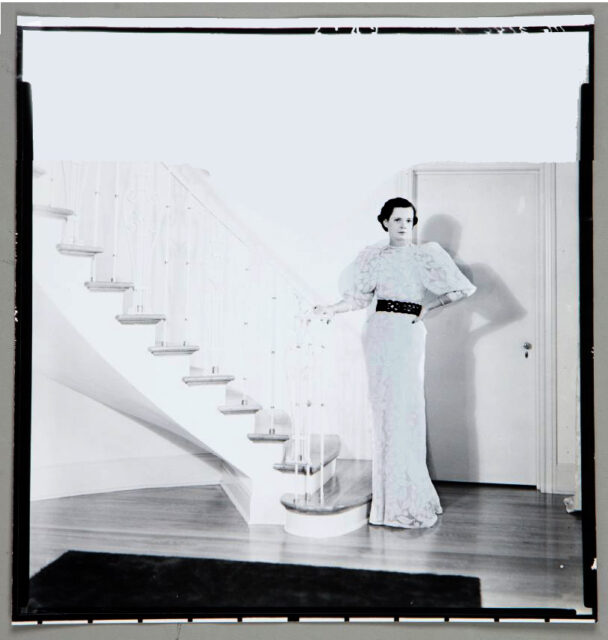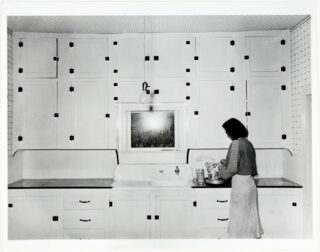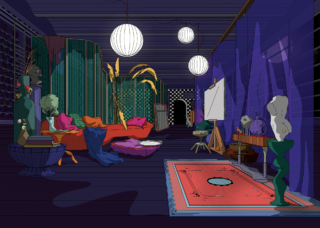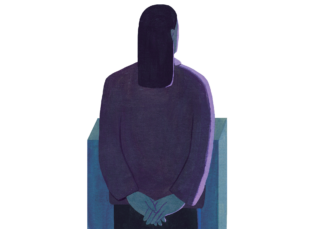Essay The Filth issue
The White Dress
By Clarice Lispector
Translated from the Portuguese by Margaret Jull Costa & Robin Patterson

I woke up at dawn wanting to own a white dress. Made of chiffon. It was an intense, lucid desire. I think it was my innocence that has never ceased to exist. I know some people find me dangerous, they’ve even said as much. But I am also innocent. The desire to wear white is what has always saved me. I know, and perhaps only I and a few others know this, that while I may contain danger, I also contain purity. And that purity is dangerous only to those who also contain danger. The purity I speak of is utterly limpid: I can accept even bad things. And it has about it the scent of a white chiffon dress. Perhaps I will never have such a dress, but it’s as if I did, because you learn to live with what you most need and lack. I also want a black dress because it will make me look paler and emphasize my purity. Is it really purity? Whatever is primitive is pure. Whatever is spontaneous is pure. Are bad things pure, too? I don’t know, I know only that sometimes at the root of something bad lies a purity that didn’t quite make the grade. I woke at dawn longing so intensely for a white chiffon dress that I flung open my closet. I found a white dress made of a thick fabric and with a round neck. Is thickness purity? One thing I do know: love, however violent, is. And suddenly, just now, I saw that I am not pure.
— March 25, 1968


